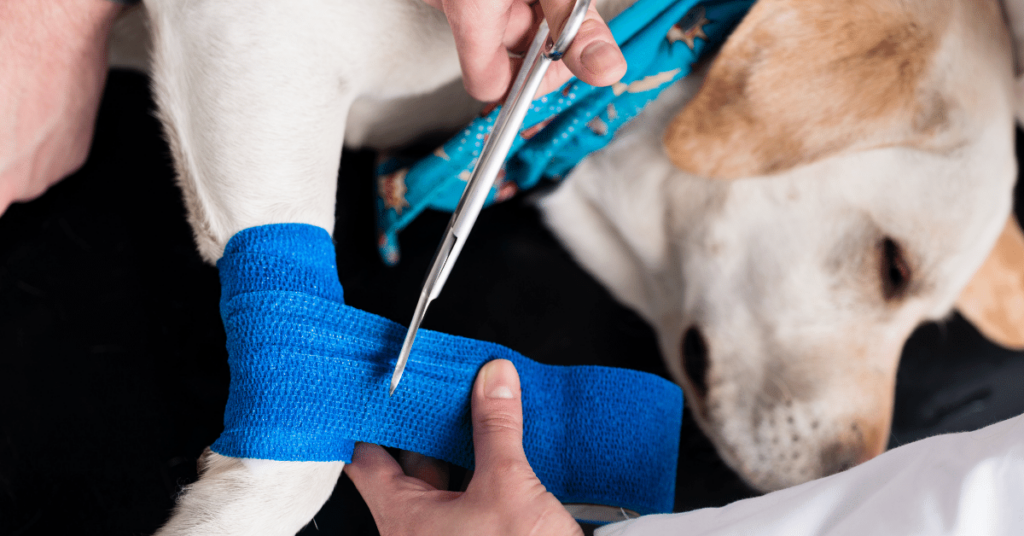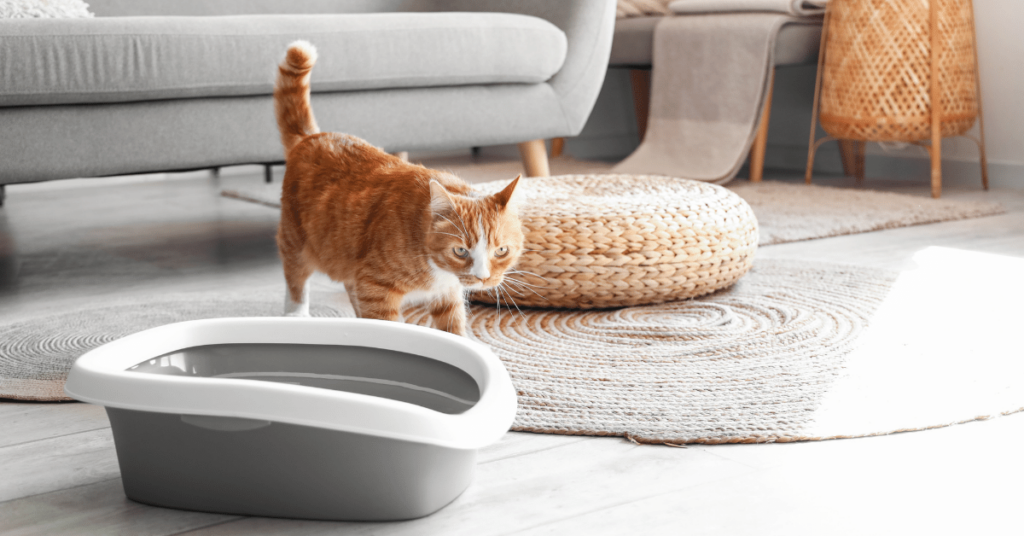Understanding Arthritis in Pets
Arthritis is a common condition that affects both humans and animals alike. Pets, such as dogs and cats, can also experience joint pain and inflammation due to arthritis. As a pet owner, it’s essential to understand the signs, causes, and treatment options for this condition. In this article, we will delve into caring for pets with arthritis and explore various supportive strategies to promote their joint health.
Recognizing the Signs
Pets cannot directly communicate when they are in pain or discomfort, so it’s crucial to look out for signs that may indicate arthritis. Keep an eye on the following symptoms:
- Limping or favoring certain limbs: If your pet is limping or shows hesitation while putting weight on specific limbs, it may be a sign of joint pain caused by arthritis.
- Stiffness and difficulty rising: Pets with arthritis may find it challenging to get up from a lying or sitting position due to stiffness in their joints.
- Unwillingness to engage in physical activities: Arthritic pets may become less active and show a disinterest in activities they previously enjoyed, such as playing fetch or jumping.
Causes of Arthritis in Pets
Arthritis can occur in pets due to various factors, including:
- Age: As pets grow older, their joints naturally experience wear and tear, increasing the likelihood of developing arthritis.
- Breed Predisposition: Certain breeds, such as large dogs like Labrador Retrievers and German Shepherds, have a higher predisposition to arthritis.
- Obesity: Excessive weight puts pressure on the joints, leading to increased stress and the development of arthritis.
- Injury: Trauma or previous injuries can damage joints, making them more susceptible to arthritis.
- Genetics: Some pets may inherit a predisposition to arthritis from their parents or ancestors.
Supporting Joint Health through Nutrition
Providing a balanced and suitable diet can significantly contribute to maintaining joint health in pets with arthritis. Consider the following nutritional strategies:
- Omega-3 Fatty Acids: Incorporate foods rich in omega-3 fatty acids into your pet’s diet. These fatty acids have anti-inflammatory properties, which can help reduce joint inflammation and pain.
- Joint Supplements: Consult your veterinarian about joint supplements specifically tailored for pets with arthritis. Glucosamine and chondroitin are commonly recommended to support joint health.
- Weight Management: Keep your pet at a healthy weight to reduce the strain on their joints. Obesity can worsen arthritis symptoms, so be mindful of portion sizes and provide regular exercise.
Exercise and Physical Therapy
While pets with arthritis may experience discomfort during physical activities, regular exercise and physical therapy are crucial for maintaining joint mobility and overall well-being. Consider the following exercise strategies:
- Low-Impact Activities: Opt for low-impact exercises that put less stress on your pet’s joints. Walking and swimming are excellent options that provide cardiovascular benefits without excessive strain.
- Moderation: Avoid overexertion and ensure that your pet gets plenty of rest between exercise sessions. Gradually increase exercise intensity over time.
- Physical Therapy: Consult with a veterinarian or a professional animal physical therapist to learn specific exercises and techniques that can improve your pet’s joint function.
Treatment Options for Arthritis
When supportive strategies alone are not enough, various treatment options are available for managing arthritis in pets. It’s essential to work closely with your veterinarian to determine the most suitable option for your pet. Some common treatments include:
- Medications: Non-steroidal anti-inflammatory drugs (NSAIDs) can help alleviate pain and reduce inflammation in arthritic pets. However, these medications should only be used under veterinary supervision.
- Acupuncture: Acupuncture has shown promising results in relieving pain and improving joint mobility in pets with arthritis. Discuss this option with your veterinarian to see if it may be beneficial for your pet.
- Hydrotherapy: Hydrotherapy involves using water exercises to promote joint flexibility and reduce pain. It can be particularly beneficial for pets with arthritis.
- Surgery: In severe cases, surgical interventions such as joint replacement or arthroscopy may be necessary to alleviate pain and restore joint function.
Summary
Caring for pets with arthritis requires understanding their unique needs and providing ongoing support to maintain joint health. Through proper nutrition, exercise, and veterinary guidance, you can help alleviate their pain and enhance their overall quality of life. Stay vigilant for signs of arthritis, explore supportive strategies, and consult with your veterinarian to ensure the best possible care for your furry companion.







